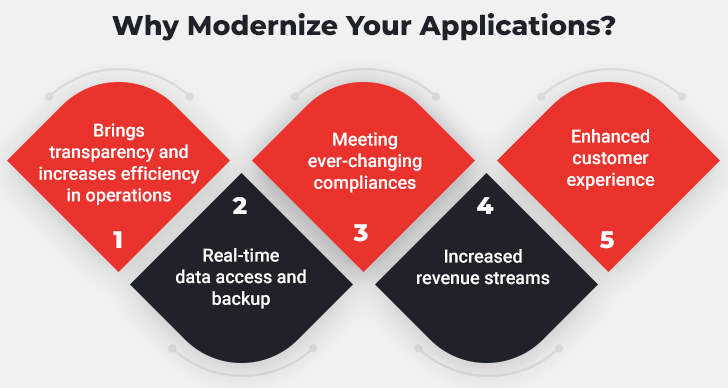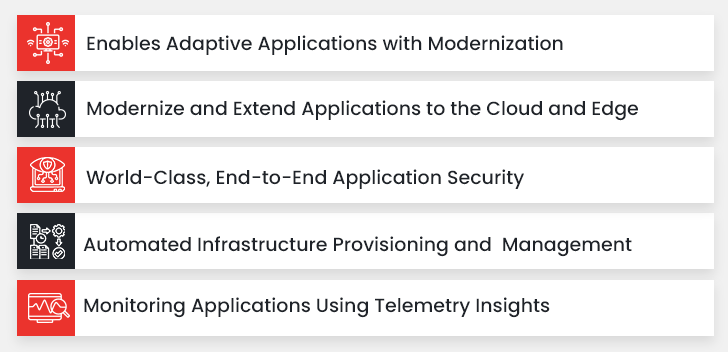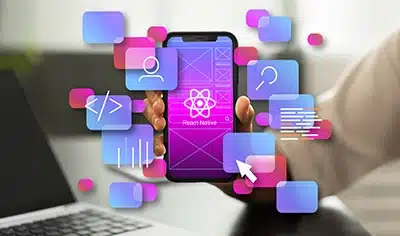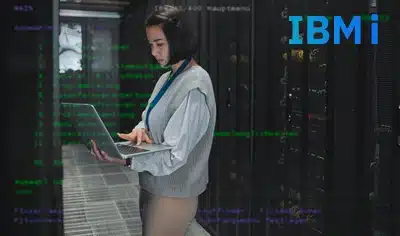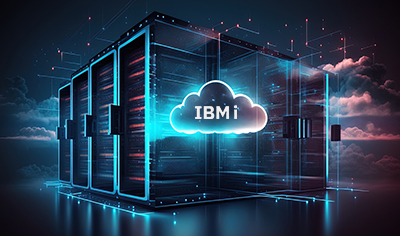Agility and Scalability. Better experience. Reduced cost
Values that Application Modernization brings go beyond cloud hosting and microservices architectures. Discover what application modernization is, the advantages, the current industry trends, and how to begin.
Ever since the COVID-19 pandemic rattled the economy and shut down the physical workspaces, organizations and small businesses have looked for a more agile, scalable, and secure environment. So, they can accommodate the requisite remote working model while ensuring safety, ease of operations and meet the ever-growing digital consumer appetite.
This has facilitated the growth and demand for application modernization across various industries. Such is the requirement that the “Global Application Modernization Services Market” size, which currently stands at USD 11.4 billion, is expected to grow to USD 24.8 billion by 2025.
As per the recent report analyzing a dramatic acceleration of digital transformation initiatives, over 77% of respondents confirmed modernizing their legacy applications; this corroborates that organizations consider updating their legacy applications a positive step.
Application Modernization- What Does it Entail
Also known as Legacy Modernization, it is a practice of updating antiquated software and traditional marketing tools to scalable, cloud-native environments. Simply put, this is similar to servicing your car to take advantage of improvements to efficiency and safety.
Moreover, the good news is that Application Modernization doesn’t mean starting over. Rather than retiring an existing system, legacy modernization extends the lifespan of the company’s applications while digitally transforming the interface and enhancing the overall efficiency.
The upsurge has helped and would continue to support the organization’s advance with— better operational efficiency, an empowered workforce, good customer experiences, and improved ROI.
Assessing Legacy Modernization
We all know how much the world has evolved in the last year. Remote work, eLearning, and digital consumer activities have all become the new norm, and companies are quickly adjusting and adapting to changes to remain competitive in the market. Application Modernization is favored because it also helps mitigate the risk of loss of support from legacy environments and can be rapidly deployed. Systems can evolve progressively in process-driven ways.
Nevertheless, few companies continue to shy away from legacy modernization, fearing technical complexities, over-budgeting, and time lag. However, that is inaccurate.
Businesses can quickly determine what and when to migrate by carefully assessing available costs, services, functionality, and emerging tech. Having the applications that deliver a solid ROI, offer enhanced security, and resonate well with the consumers and employees alike should become the ultimate goal.
Reasons your business should adopt the tech-transformation trend
I. Enables Adaptive Applications with Modernization
An essential element of modernization is enabling applications to adapt. Much like a living organism, applications grow, defend, perform as a response to different entries or changing conditions. This ability to function and adapt without human intervention allows businesses to flourish by emphasizing other essential tasks like building better experiences and increasing loyalty.
II. Modernize and Extend Applications to the Cloud and Edge
As traditional systems don’t adapt well to always-changing business conditions, organizations, today, more than ever- about 87% are expanding their modernization efforts. When running the application architecture on the cloud, organizations acquire greater scalability with even more security. Businesses are thus continuously re-evaluating the definition of multi-cloud to encompass edge deployments— to improve agility, business continuity, and competitive advantage.
III. World-Class, End-to-End Application Security
Systems that are still running on obsolete technologies or platforms can pose a security threat to the data being fed into it (Which forms the core of any Business). Legacy modernization mitigates these security exposures— stops information leakage, quickly identifies vulnerabilities, improves operational maturity, automates risk reporting, and so forth. Given the need for adaptive security in today’s age, using world-class end-to-end application security solutions has become the top strategic trend for businesses worldwide.
IV. Automated Infrastructure Provisioning and Management
Applying automation simplifies operations at scale, eliminates the labor of manual configuration. This allows businesses to regain control over and visibility into the infrastructure— minimizing the chances of any latency, delay in updates, patching, and resource delivery. Furthermore, applications deployed in the cloud and at the edge helps in anomaly detection, fraud prevention- unifying the security policies across environments.
V. Monitoring Applications Using Telemetry Insights
Lastly, Telemetry is growing, in importance, to provide insights like how often features, measurements of start-up and processing time, application crashes, and general usage statistics. Almost all enterprises (95%) have admitted that they do not get valuable real-time insights with their existing analytics solutions, turning Big Data into actionable insights. Organizations that leverage telemetry are likely to perform well, defend themselves better against evolving threats and deliver consistent and engaging experiences to the consumers.
Conclusion : Modernize your applications and thrive.
There is no second-guessing that digital transformation ushered amidst COVID-19. Many Companies quickly took to the trend to stay ahead and compete in the market. The pandemic worked as a blessing in disguise, and thankfully, the future looks increasingly distributed, data-driven, and application-centric.
The companies which still haven’t paced up their Legacy modernization policies and are static may straggle. It’s never too late to thrive in the digital era.
Still not confident how the application modernization will transform operations for you? Get in touch with our experts today!



